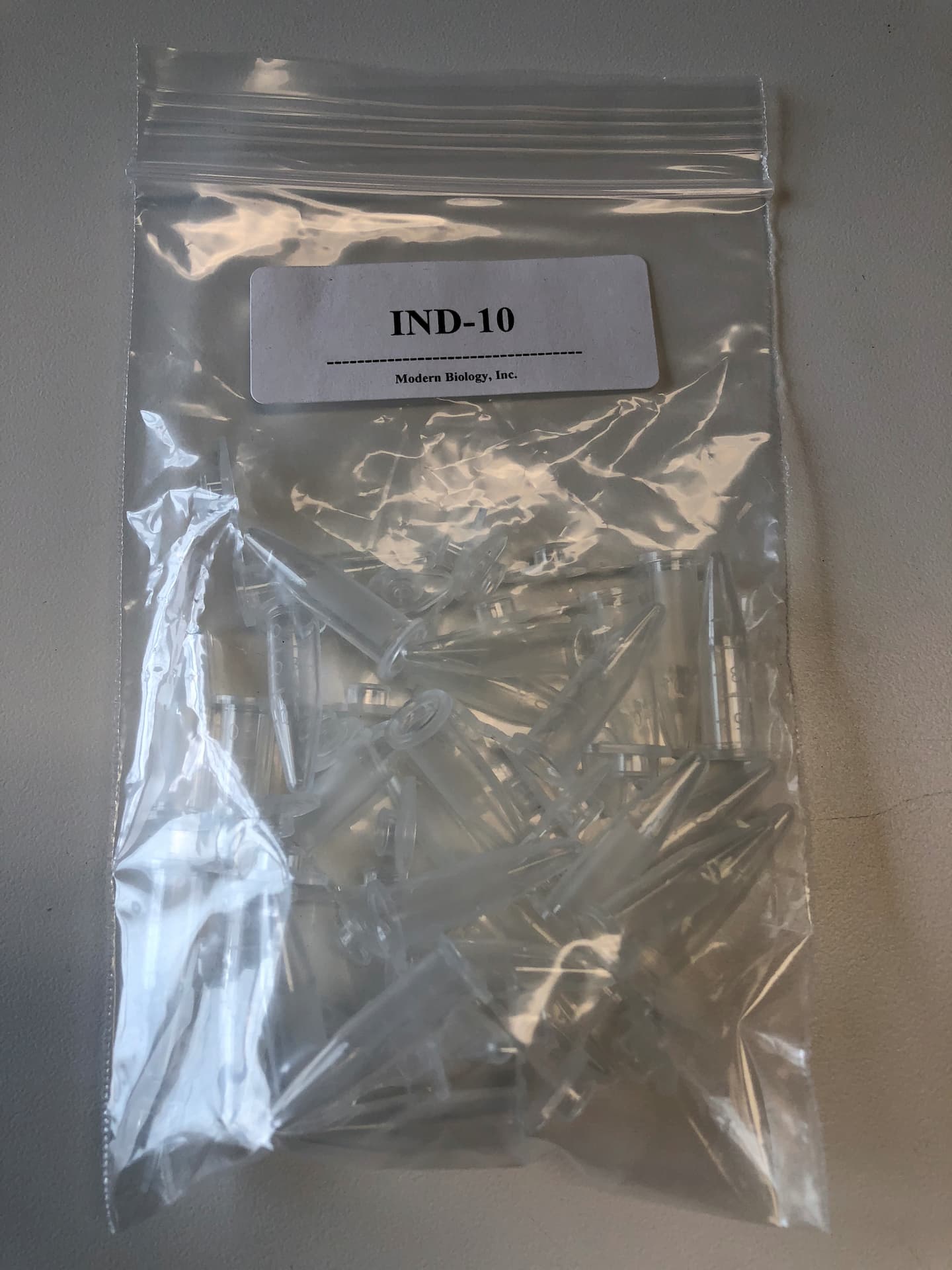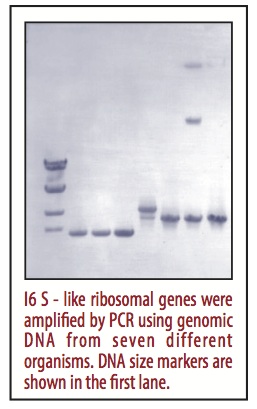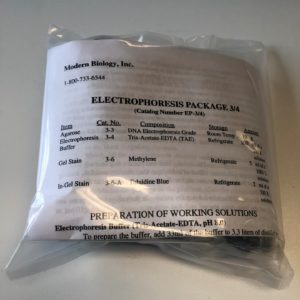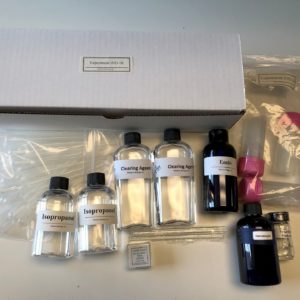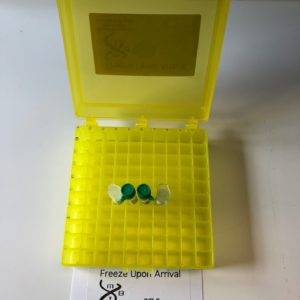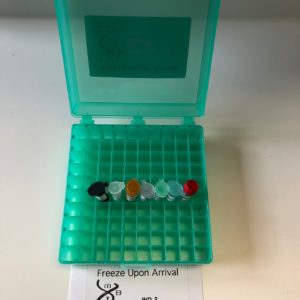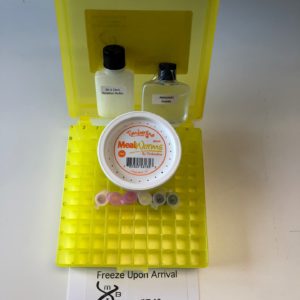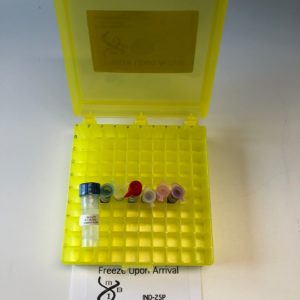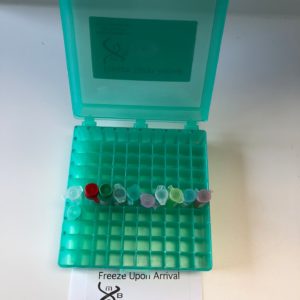Description
A ribosome is composed of a large subunit and a small subunit and each subunit contains specific RNAs that are associated with ribosomal proteins. Ribosomes play the same essential role in protein synthesis in all contemporary organisms and the genes for ribosomal RNAs in each subunit are highly conserved. The gene for the small-subunit ribosomal RNA (16 S-like) has been especially useful in evolutionary studies of distant phylogenetic relationships because it has remained quite stable during evolution of all organisms. The 16 S-like ribosomal genes can be amplified by the PCR from total DNA isolated from essentially any organism by using a single set of primers that recognize conserved regions of the gene. In this exercise, students use the PCR to amplify the gene for the 16 S-like ribosomal RNA from cow, pig, chicken and E.coli. The templates that are provided for this experiment are genomic DNAs from these organisms. In addition to these templates, students may amplify 16 S-like ribosomal genes using genomic DNAs that they have isolated from bacteria, plants or animals. These genomic DNAs can be isolated by using the genomic DNA isolation kit (Cat.# 3-19) described on page 54 of this catalog. The amplified 16 S-like ribosomal RNA genes can clearly be seen as discrete bands following staining of the agarose gels with methylene blue as shown on the right. The experiment was designed so that the PCR can be done manually provided that three standard water baths (45°C, 74°C, and 94°C) or three hot plates are available. The amplification reaction requires approximately 2 hours. Sufficient materials are provided so that 8 groups of students can perform the experiment with each group amplifying the ribosomal RNA gene from one template.
*The Polymerase Chain Reaction is covered by patents owned by Hoffman-LaRoche, Inc. The exercise described above is to be used for teaching purposes only.
 Due to Customs restrictions, we only accept orders from educational institutions within the Continental United States, Alaska or Hawaii.
Due to Customs restrictions, we only accept orders from educational institutions within the Continental United States, Alaska or Hawaii. 
